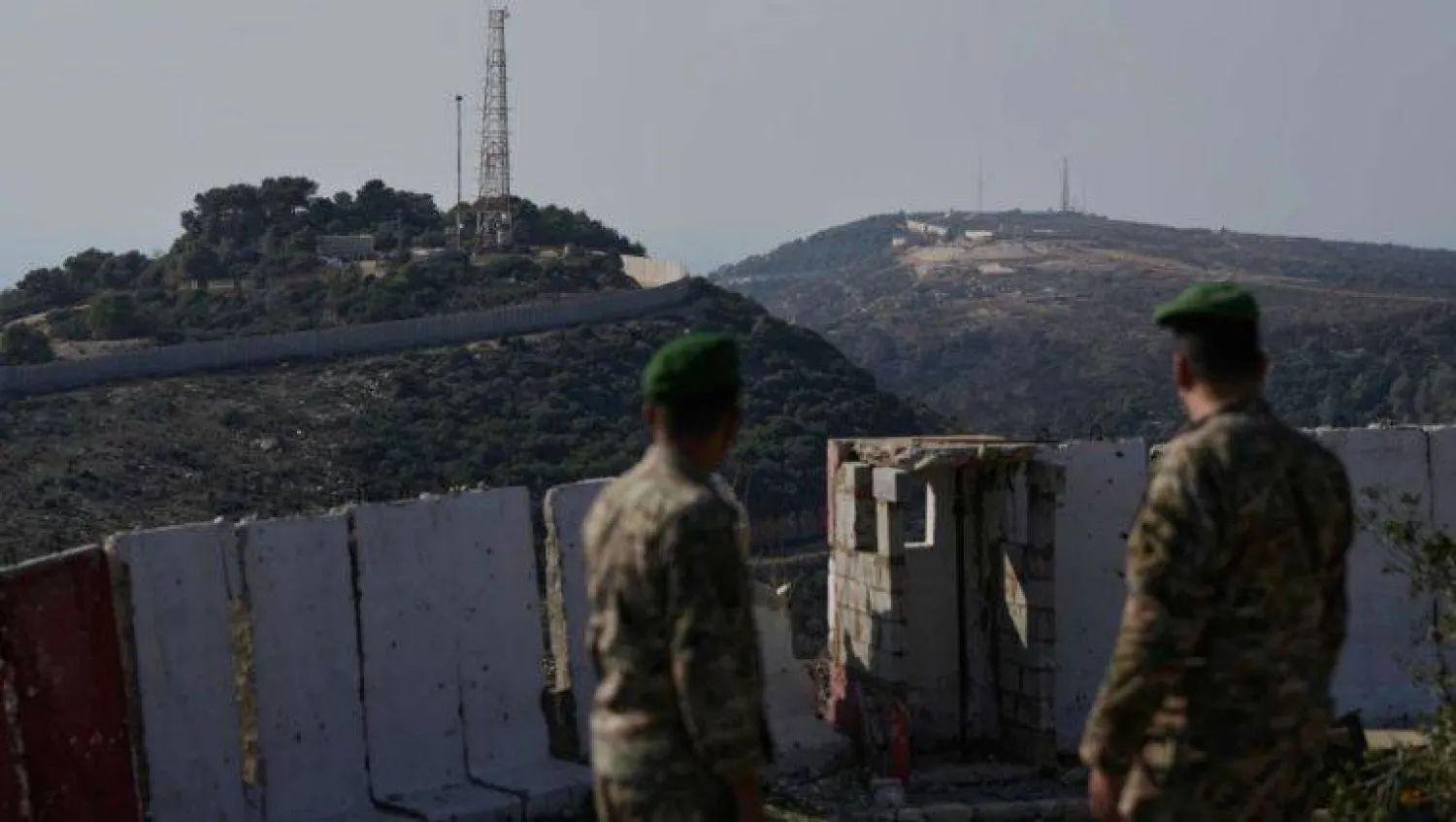Rabat is scheduled to host on January 7 the third session of the two-day Conference of the States Parties (COSP) to the Arab Anti-Corruption Convention.
It will be held under the Moroccan presidency and organized in the framework of a partnership between the Arab League and the “National Authority for Integrity and the Prevention and Combating of Bribery” in Morocco.
According to a statement by the Authority, the first day will focus on activities of an Arab forum that will discuss national anti-corruption strategies and will showcase a comprehensive, integrated, participatory approach that guarantees effectiveness and optimal impact.
Heads and representatives of anti-corruption authorities and bodies in the Arab countries will participate, as well as the relevant national sectors and institutions, regional and international institutions, civil society representatives, experts and researchers specialized in the field of integrity and prevention and combating of bribery.
The second day will witness the participation of delegations of states parties to the Arab Anti-Corruption Convention, which includes Jordan, Bahrain, Tunisia, Algeria, Saudi Arabia, Sudan, Iraq and Oman, in addition to Palestine, Qatar, Kuwait, Egypt, and Morocco.
The conference will also be attended by delegations of other Arab countries that are not members of the agreement, namely Yemen, Libya, and Mauritania, in addition to a group of regional and international organizations, all acting as observers.
The participating Arab delegations will focus on following up on the implementation of the decisions issued during the second session of the Conference of the States Parties (COSP) to the Arab Anti-Corruption Convention, which was held at the Arab League’s headquarters in December 2017.
They will also discuss the report and recommendations of the third meeting of the open-ended committee, consisting of governmental experts for the state parties to the Arab Anti-Corruption Convention.
A set of decisions proposed by member states will also be presented to the conference for approval, including a proposed resolution submitted by Morocco.
The establishment of this convention dates back to December 2010, when it was ratified by the Arab Ministers of Interior and Justice, based on the affirmation of the need for Arab cooperation to prevent and combat corruption, being a transnational phenomenon.
It entered into force in June 2013 and seeks to activate measures aimed at preventing, combating, and exposing corruption in all its forms, as well as all related crimes, prosecuting perpetrators and enhancing Arab cooperation in this field.
The convention further aims at enhancing integrity, transparency, accountability and the rule of law and encouraging individuals and civil society institutions to actively participate in preventing and combating corruption.









